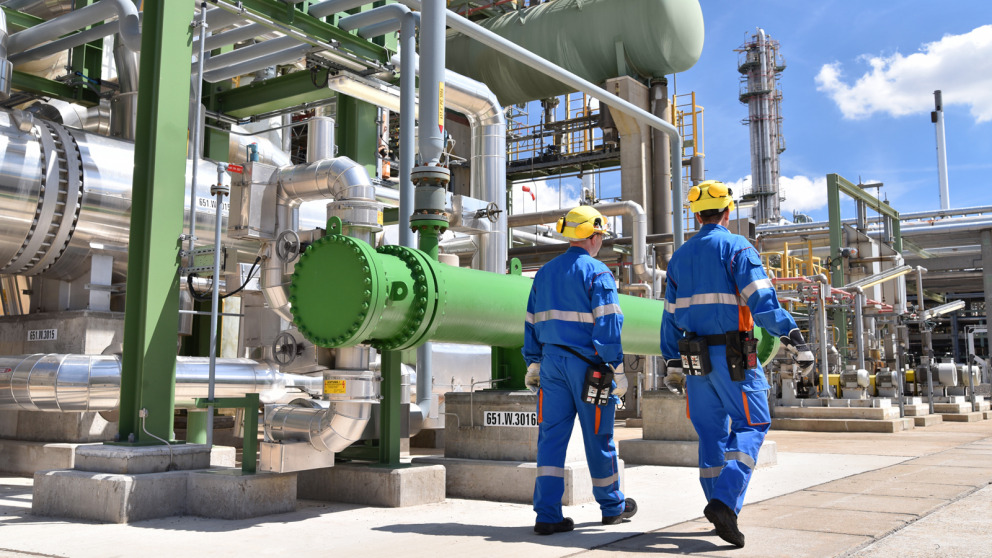Industry Faces Major Challenges in Utilisation of CO2 Emissions
15.05.2020
Innovations in the area of carbon utilisation are the subject of growing interest. Novel technologies that capture CO2 emissions for industrial use can contribute to building a circular carbon economy and reduce consumption of fossil‐based raw materials. A recent study analyses the economic challenges and opportunities these technologies present to different industries.

The German government’s Climate Action Plan has set a target for Germany to become greenhouse gas-neutral by the year 2050. That presents German industry with a huge transformation challenge, where carbon capture and utilisation (CCU) could help. In an analysis of 19 reports and 15 scientific studies, IASS researcher Henriette Naims examines the economic expectations placed by different value chain actors in research and development in the field of CCU.
Her investigation centres on three industrial sectors. Equipment manufacturers anticipate that significant investments in CCU plants will result in new revenue streams, licensing rights, and economic growth.
With their business models increasingly called into question by climate protection regulations, high-emitting producers, such as steelworks and cement plants, are examining all technical options for reducing their carbon emissions, including CCU. But the latter presents them with many different challenges. For example, capturing carbon will result in increased production costs. Unlike the US, Europe has not yet introduced tax concessions for carbon recycling.
The third group, material and fuel producers, are seen as “problem solvers” that can offer competitive ways of using CO2, for example in the production of building materials or synthetic fuels. Many technologies, including those for manufacturing building materials, are not sufficiently researched, while other applications – particularly in the production of synthetic fuels – require large inputs of renewable energy, which means that they are not yet economically viable at the present time. The study sees a need for future policy and regulatory frameworks to ensure that more environmentally friendly CCU products are economically viable, for example, through continued support for innovation and revised product standards.
The study provides an overview of the economic aspirations associated with CCU in different value chains that will help funding bodies and policymakers provide effective financial and legal support in the further development of CCU. Targeted technology funding and industrial policy increase the chances that innovations in this area will contribute to sustainability transformations.
Naims, H. (2020 online): Economic aspirations connected to innovations in carbon capture and utilization value chains. - Journal of Industrial Ecology. https://doi.org/10.1111/jiec.13003
Contact
